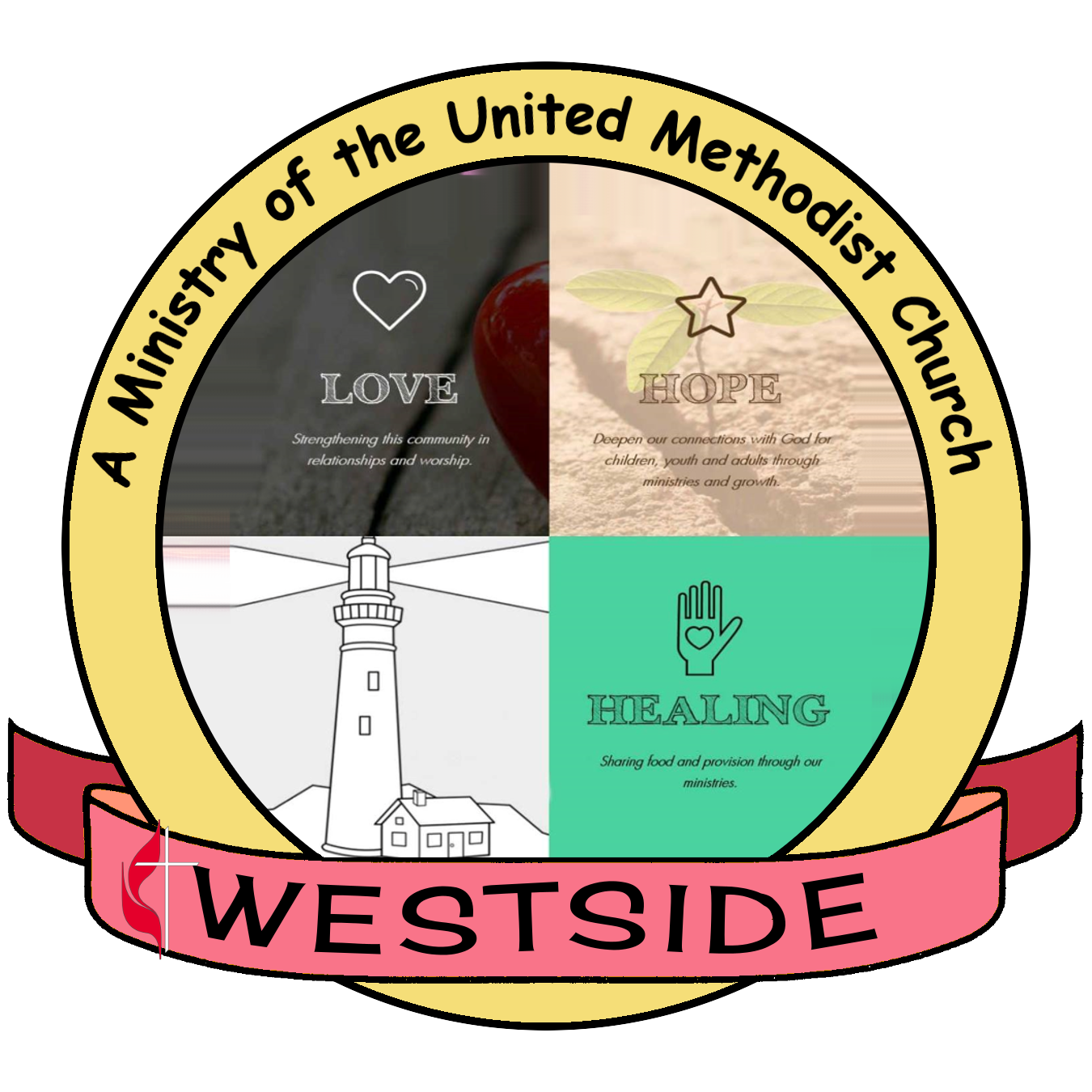Scripture: Proverbs 4: 1-27; Romans 12: 3-21; James 1: 2-8; 3: 13-18
McLaren calls us to a kind of self-love that involves self-examination, self-development, self-control, and self-giving. These, he says, will enable us to love God and others more fully and joyfully (221).
Sometimes people view God as if God just wants to steal all the joy from life, but in this chapter, McLaren reminds his readers that God invented pleasure, the senses, and the experience of His presence in which people experience a fullness of Joy. So why the rules and warnings which seem to center around areas that give us pleasure? He says these make sense “when you realize how easily all life’s great pleasures-- food, drink, sex, owning, winning, resting, playing, working -- can become addictive and destructive. When we indulge in pleasures without self-examination or self-control, a great pleasure can quickly lead to great pain-- for the addicts themselves and for those whose lives are touched by their addiction” (222).
So, what do we do? McLaren says we must seek wisdom. We must ask questions like “Will this help or hinder me in reaching my highest goals? Where will this lead short-, medium-, and long-term? What unintended consequences might it entail? Who might be hurt by this? Are there better alternatives? Is now the best time?”
Imagine what a difference it would make if someone asked those questions before making a purchase that was risky for their budget? Or before drinking and driving? Or before throwing caution to the wind for a one-night stand? Or before working multiple 14-hour days in a row to the loss of family time? We need wisdom in this life which is about really loving ourselves well in order to live as wisely and lovingly as possible. He quotes Proverbs 4:23, “Watch over your heart with all diligence, for from it flow the well-springs of life.”
“God, it turns out, isn’t a divine killjoy. God wants you to love you the way God loves you, so you can join God in the one self-giving love that upholds you and all creation. If you trust your self to that love, you will become the best self you can be, thriving in aliveness, full of deep joy, part of the beautiful whole” (224).
What one thought or idea from today’s lesson especially intrigued, provoked, challenged, encouraged, warmed, helped or surprised you?
Share a story about how a rule, a wise saying, and a mentor have helped you.
Talk honestly with someone you trust this week about how you are doing in the areas of self-examination, self-control, self-development, self-care and self-giving.
I think of the command to show love for others, this proviso of loving self is a difficulty for many. It has been for me. As someone was sharing on Sunday about the difficulty to even receive the fact that they are loved, I can totally relate. And I am not alone. I love McLaren’s sharing of how this looks and the call for wisdom. He pictures self love as a walk in wisdom in how to use the freedoms God has given us. Then there is the deeper area of the heart, which scripture calls us to “guard above all else,” which would seem to point to this call to guard against any attitude against ourselves which would be out of line with God’s view of us. McLaren says, “Imagine those who love you most-- parents, a spouse, friends, children, and God. Now imagine standing with them as they see and love you. In silence and in God’s presence, hold yourself in that kind of love” (225). That is such a generous picture!
